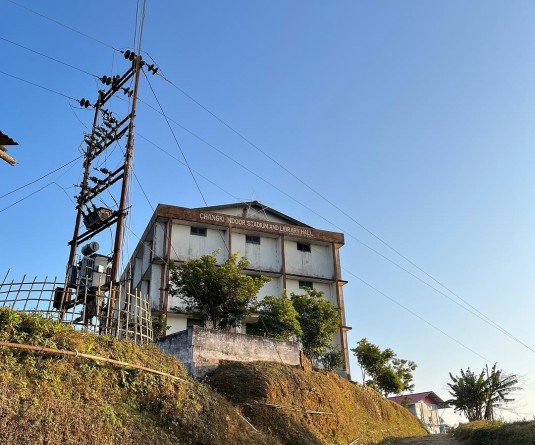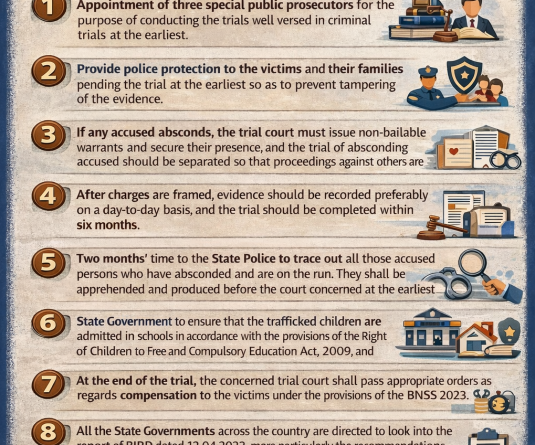
Morung Express News
Dimapur | May 10
Several intellectuals, experts and social activists from diverse backgrounds, yet working for a common cause—improvement of the human condition, converged here on Wednesday at Hotel Acacia and deliberated on Humanitarian Norms, Gender and Child Rights Protection, indentifying the problems, challenges and current approaches to the issues.
The event was organized by the Naga Peoples’ Movement for Human Rights (NPMHR) in the form of a seminar on “partnering in action towards international campaign for humanitarian norms, gender and child rights protection.”
“State cannot deny the due process of law to anybody” said resource person for the seminar and Director, Centre for Refugee Law Studies and Research GU & President, Citizens Collective Coordinator, IIPDEP, Prof. Subhram Rajkhowa. He was speaking on the topic ‘International Humanitarian Norms,’ and pointed out the conspicuous policy of the Government of India in dismissing “armed conflict” as a “law and order problem” – the State’s recourse to prevent international intervention and the application of humanitarian laws.
The government, he asserted, cannot shy away from inviting international agencies to monitor and assess conflicts. He further stated that the State cannot deny the due process of law to anybody. Rajkhowa added that the application of humanitarian laws was not confined to war (between nations) but has a much wider scope.
As per Common Article 3 of the Geneva Convention, humanitarian laws encompass non-international armed conflicts and most of today’s conflicts, including those in the North East, are under this category in nature, he added.
He also underscored the need to promote non-state actors like the International Red Cross Society (IRCS) in conflict areas, saying they cannot work independently in highlighting violation of human rights. He also dwelt on various aspects and provisions of the Geneva and Hague Conventions from where oppressed movements could draw recourse.
Dr. Anungla Aier, Principal of Kohima Science College meanwhile remarked that Naga society was at the crossroads of tradition and modernity and called for the re-examination of the cultural precondition of stringent patriarchal values. She highlighted gender issues as one of the most critical areas in Naga society.
She further stated that an imbalance of power was deeply embedded in the social, economic and political structure of the society, calling for re-examining the gender equation from a ‘human rights view’, and not a traditional view.
Dr Aier also pointed out the various forms of gender discrimination in Naga customary practices. The key challenge to secure women’s rights, she stated, was to break down the structural obstacles built around traditional practices. This, she stated, can be achieved with active participation of men and through creation of an enabling environment in Naga society.
K. Ela, the Director of Prodigals’ Home Dimapur, meanwhile stated that children were not living in a safe society with many running away from home to avoid sexual abuse and violence.





